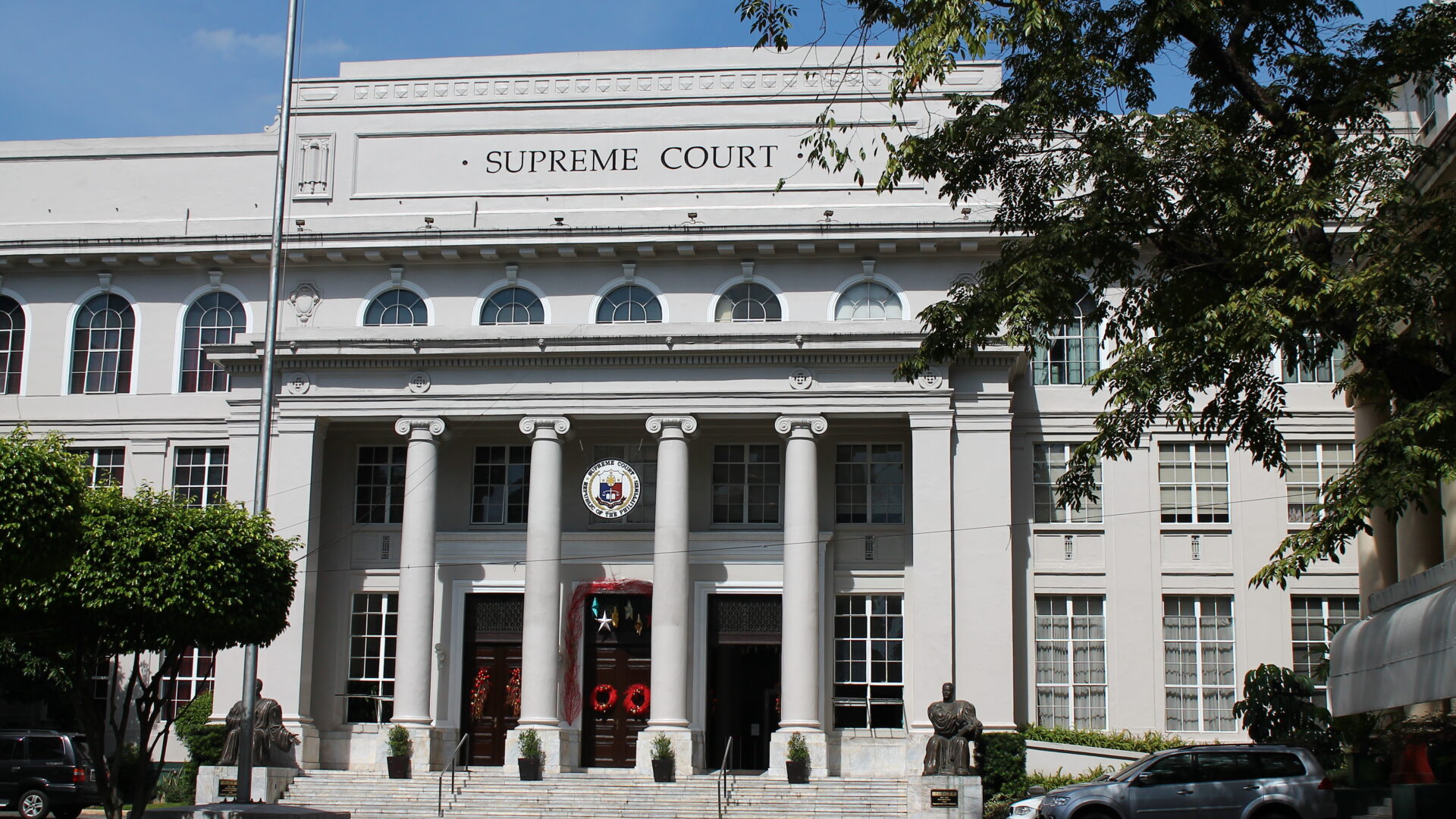The Supreme Court has affirmed the authority of the Filipino Society of Composers, Authors and Publishers, Inc., or FILSCAP, to protect the owners and holders of copyrighted musical works.
In a 32-page ruling penned by Associate Justice Ramon Paul Hernando, the court en banc junked the petition filed by Cosac Inc., which sought to set aside the 28 May 2015 decision and 14 January 2016 resolution of the Court of Appeals.
The CA decision and resolution upheld the October 2012 and 22 July 2013 orders issued by the Regional Trial Court of Quezon City that ordered the petitioner to pay FILSCAP damages for unpaid license fees and royalties.
However, the court modified the CA ruling by lowering the damages awarded to FILSCAP from P317,050 to P300,000.
The court also imposed a 12-percent interest per year from 13 February 2006 until 30 June 2013, at the rate of six percent per year from 1 July 2013 until the date of finality of the judgment.
It acknowledged that FILSCAP, by authority of the deeds/agreements, represents the owners or holders of copyrighted musical works under its catalog.
As the assignee, FILSCAP is tasked to monitor and issue licenses to persons, businesses, establishments, and the like who want to play or perform musical compositions.
The court also said that copyright owners are still entitled to be compensated for their creative work, even if it seems trivial or outrageous to collect fees for this purpose.
“There is no question that they invested time, creativity, talent, and effort in the creation and development of their compositions,” the court said.
FILSCAP is a non-stock, non-profit corporation comprised of composers, authors, and music publishers which is authorized to issue licenses and collect license fees for the public performance of copyrighted musical works under its repertoire, whether for profit or not. It is tasked to enforce and protect the performing rights of copyright owners of musical works.
In the case of Cosac Inc., the court found that the restaurant played copyrighted music without obtaining a license from FILSCAP or paying the corresponding fees.
The court also found that Cosac’s refusal to secure the license and its continued use of copyrighted music without the requisite performing rights constitute acts of infringement.
As a result, the court ordered Cosac to pay FILSCAP the damages and attorney’s fees awarded by the trial court and the appellate court.
The court also held that Cosac’s acts did not fall under the limitations and fair use doctrine.
